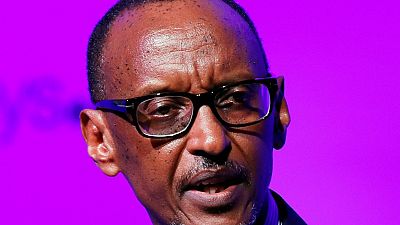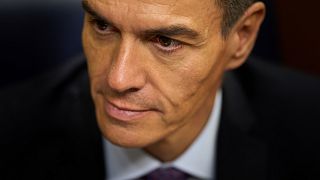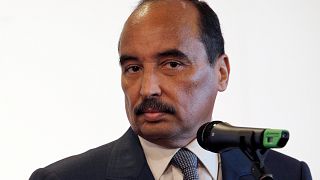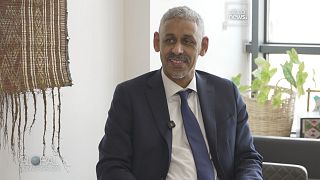Mauritania
The institutional reform of the African Union once again took centre stage at the 31st summit in Nouakchott, Mauritania.
The project initiated by Paul Kagame at the Kigali summit in 2016 aims at guaranteeing the financial autonomy of the continental authority.
More than 50 percent of the AU’s budget come from foreign donors while 97% of its programs are financed by donors. To reverse this trend, the reform project proposes a levy of .2 percent on certain imports in each member states.
In terms of the AU’s areas of intervention, the reform suggests the reduction of the AU’s priority areas to four, namely political affairs, peace and security, economic integration and the emergence of the continent on the international scene.
The Kagame reform is also proposing quotas for young people, women and the private sector, as well as the evaluation of the New Partnership for Africa’s Development (NEPAD), the African Peer Review Mechanism (APRM) and the Pan-African Parliament (PAP).
The reforms also include the introduction of a provision that provides for the application and strengthening of sanctions against States that do not respect the rules in force.














00:56
Peace talks between DRC and M23 rebels 'moving in the right direction'
01:08
Dancehall superstar Shatta Wale urges young people to back President Mahama
01:45
Empowering youth in agriculture could boost global economy, FAO report says
01:12
Eastern DRC tensions: UN points to Rwanda's role in AFC/M23 conflict
01:47
'Minerals': Researcher explains U.S. interest in DRC-Rwanda truce
01:01
Rwandan opposition leader Ingabire arrested in connection with alleged plot to overthrow president